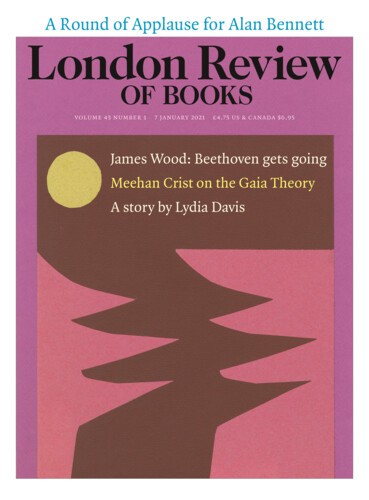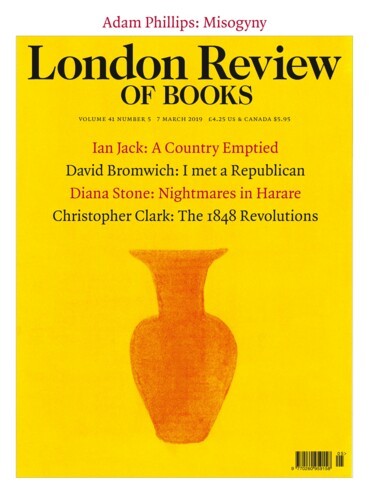Chasing Steel: Scotland’s Ferry Fiasco
Ian Jack, 22 September 2022
Few of those involved emerge well from the story, but the charges against the SNP government in Edinburgh are the most serious. Accused of incompetence, evasion and the misuse of taxpayers’ money, the first minister, Nicola Sturgeon, and her colleagues have responded by talking about ‘learning lessons’, ‘saving jobs’ and ‘moving on’. Compared to low life expectancy, the highest rate of drug-related deaths in Europe and the near total foreign ownership of aquaculture and renewable technologies, the ferries are a minor failure. Only the thinly populated peninsulas and islands of western Scotland are directly affected; a resident population of at most seventy thousand. What makes the ferries so potent politically is that they concretely encapsulate government ineptitude. The Scottish government commissioned and funded the ships; the Scottish government now owns and manages the shipyard: the Scottish government will subsidise the ships when (though ‘if’ still can’t be ruled out) they are in operation.





